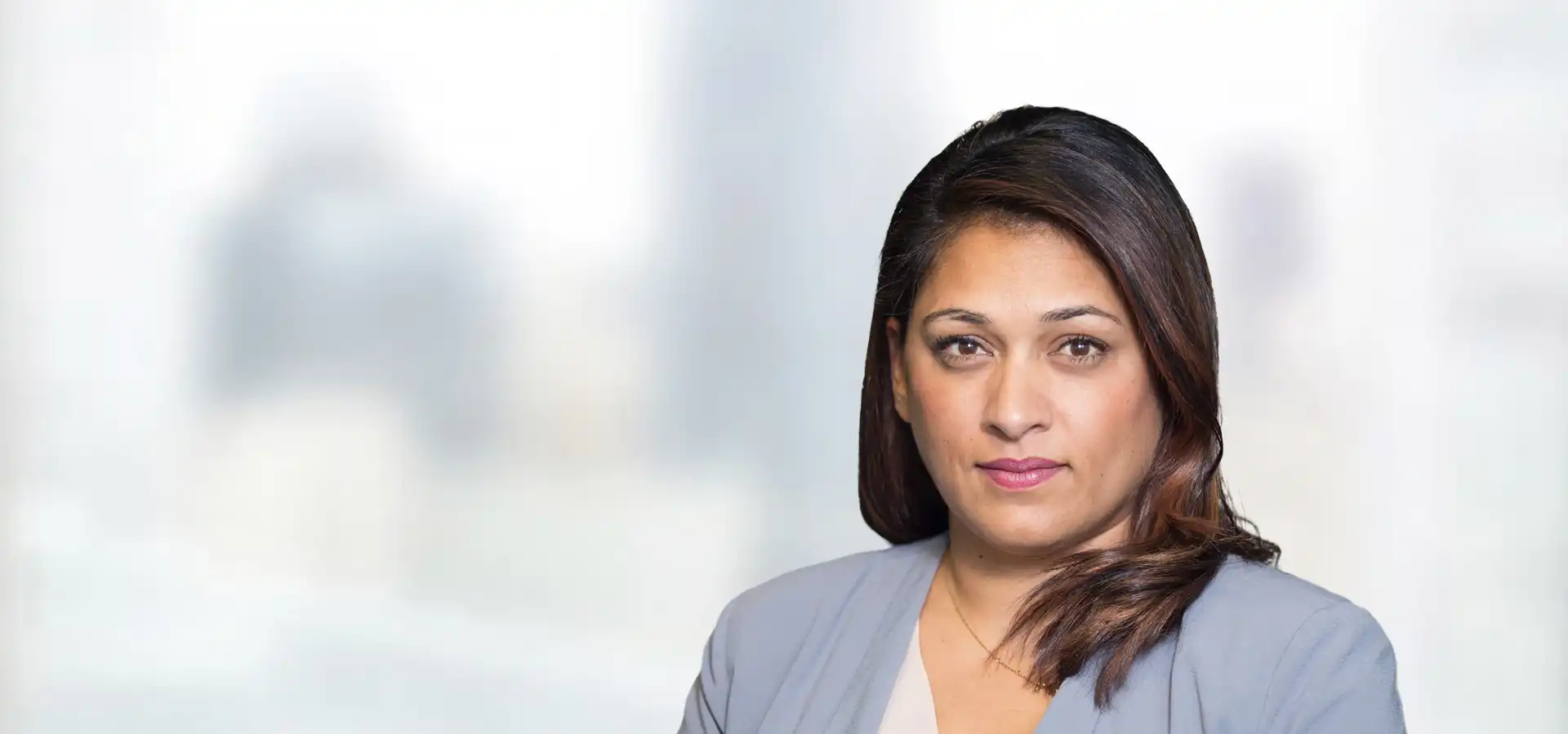Karen Sihra
Managing Director, Equity, Diversity & Inclusion
Advisor & Member, CPP Investments Insights Institute
Q: What should Boards of Directors be thinking about at this moment in time with regard to enhancing Equity, Diversity & Inclusion (EDI)?
A: I think now, like always, it’s about developing talent, keeping them, continuing to attract them. I think historically the EDI work has been focused on attracting talent, which is great but is only part of the story. Development and retention of talent are equally important and not given enough attention. Thought of holistically, sustained representation of historically underrepresented talent is the outcome of efforts around retention, development and acquisition.
Q: How much do you think Boards of Directors, in general – not talking about any specific Board – have evolved to meet worker needs on representation?
A: It’s a hard question because every organization is at a different point on its EDI journey. But thinking about culture alongside representation with a distinct focus on inclusion is something that is worthy of more attention. Our Board at CPP Investments has been thoughtful and proactive on this. I’m proud that we were not reactive to any one incident or phenomenon internally or externally — we had objectives and prioritizations because we saw the value of building a fair and representative organization and put energy behind our belief that diverse representation drives better returns. Put differently, it is about focusing on the ecosystem driving inclusion and representation because, in many ways, if you build an inclusive culture, where people feel like they belong, diverse representation will thrive.
Q: What about the fears of a recession? How does that impact progress on EDI?
A: Historically, when we’ve seen an economic downturn or financial crisis, organizations looked to non-revenue generating sources to trim. I am optimistic because the EDI work instead continues to thrive — to me, that’s a sign organizations see EDI’s value to the bottom line. Leaders are seeing the importance of fairness, culture and diversity as part of the ecosystem of running their business.
Q: What gives you the most hope right now?
A: The willingness to have difficult or uncomfortable conversations. For example, I studied anti-Black systemic racism in my graduate work over a decade ago. I was always very aware that we were dancing around the issue in corporate (and actually most social) environments, finding synonyms for what was actually going on. And I understood why – it is an uncomfortable and difficult conversation laden with complexity and nuance. Now, I find myself having deep and meaningful conversations with people from all levels of the organization who are genuinely trying to understand what they can actually do to be part of the solution.
I’m also hopeful that the introduction of equity into this conversation will create fairer and more transparent organizations so people from all communities and backgrounds can achieve their full potential. It takes organizational humility to do this because it requires an organization to change. I’m optimistic that this will yield meaningful positive outcomes for members of historically underrepresented groups.
Q: What is the risk for companies that don’t have that humility?
A: They could risk not growing or future-proofing themselves. There could also be reputational risks for the organization, as well as the cost of turnover.
Read more

Priti Singh
Senior Managing Director & Global Head of Capital Markets & Factor Investing; Advisor, CPP Investments Insights Institute
Just like most investors, Priti says she’s eager to see how policymakers fare in their attempts to bring inflation back down to target. But she says CPP Investments’ long-term approach means it’s focused more on risk modeling and stress testing its portfolio, rather than getting caught up in day-to-day market swings.

Sujeet Govindaraju
Managing Director, India Office Head
India was recently described by the International Monetary Fund’s Chief Economist as “a bright spot” in a slowing global economy. Sujeet shares on-the-ground perspective about what’s driving the growth and how CPP Investments is positioned in that market.




